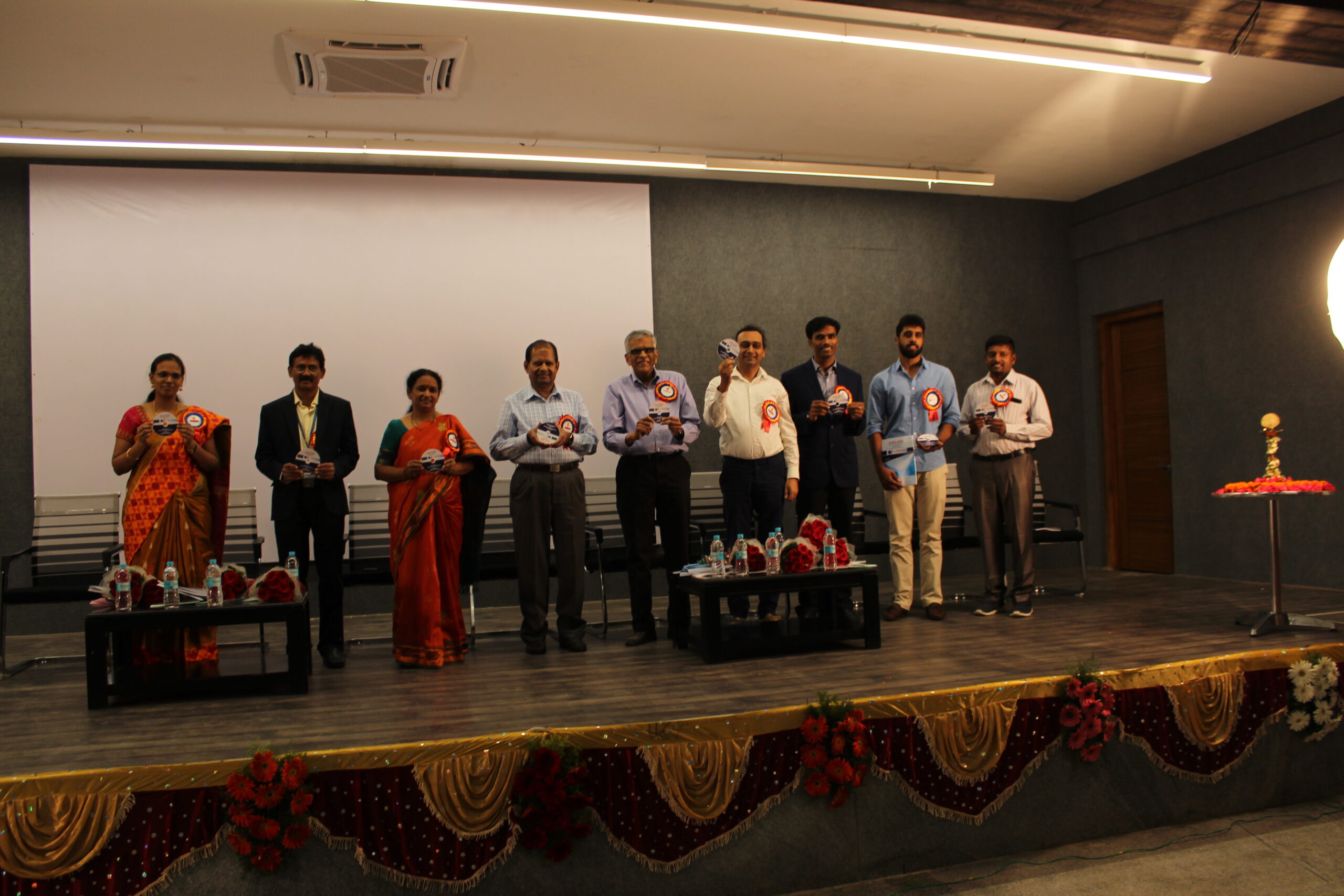International Conference on Green Computing and
Eco-Sustainable Technologies (ICGCET) 2025
20th to 22nd March
Hybrid Mode
Conference Proceedings
ALL ACCEPTED & PRESENTED PAPERS WILL BE INDEXED IN




